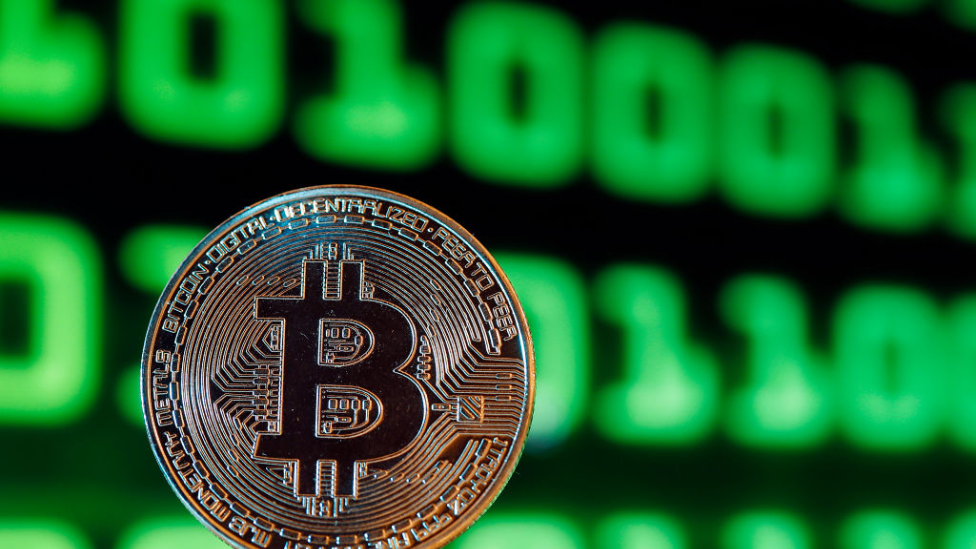While blockchain technology has been widely adopted by many countries all around the world, blockchain adoption in the Middle East stands out due to the remarkable and distinctive dual dynamic at work.
On the one hand, cryptocurrencies have a lot of appeal in some of the nations in the area because they provide an alternative to centralized banking systems. It makes sense that cryptocurrencies have taken off in this region, given the predominance of autocratic governments, economic sanctions, and extreme inflation.
On the other hand, other governments are working hard to develop cutting-edge regulatory frameworks. These governments aim to revive and modernize financial markets in order to make the region a legal and flourishing center for crypto firms. Nevertheless, different governments in the region have adopted blockchain in different areas.
Government Use of Blockchain in the Middle East
The Dubai government founded the Global Blockchain Council in 2016 to investigate both present and potential blockchain applications and transaction systems. In order to establish blockchain platforms for smart contract creation, digital asset exchanges, and the transmission of digital documents, the Council has already successfully launched new businesses.
Also, UAE launched the Emirates Blockchain Strategy 2021 in 2018 with the objective of converting 50% of official transactions to blockchain by that year. Since the Emirates Blockchain Strategy launch in 2018, the UAE has been at the forefront of global blockchain innovation. Furthermore, in 2019, the Dubai government announced intentions to establish the first “blockchain court” in the world.
As part of its alignment with the Saudi Vision 2030 national goal, Saudi Arabia is another early user, using blockchain technology in its development strategies. According to Al Arabiya English, experts have stated that the use of blockchain technology might help Saudi Arabia’s Vision 2030 economic reform plan by reducing administrative procedures and increasing the accessibility of digital services.
However, since these technologies are still relatively new, many regional governments and companies are still in the research stage rather than fully implementing them.
Potential Use Cases of Blockchain Technology
The potential applications of blockchain technology in government are extensive and go well beyond making laws and regulations.
Land registry and property rights
Blockchain technology can provide a transparent, unchangeable record of property rights, reducing disputes and expediting real estate transactions.
Identity verification
Blockchain-based digital identification systems can provide the Middle East with a safe, reliable, and impenetrable way to confirm their identity. This could be necessary for things like opening a bank account, using public services, or proving one’s age. A system like this can take the place of time-consuming paper-based processes and act as a final, trustworthy source of identification data.
Public procurement
The public procurement process uses many resources and is usually subject to fraud and inefficiency. Blockchain technology reduces the possibility of fraud. It streamlines the auditing process and guarantees that people can be held responsible.
Intellectual property rights
Blockchain provides a visible history of ownership and licensing agreements as well as a clear and unchangeable record of intellectual property rights, which would reduce disputes.
Environmental regulation
Blockchain can help the Middle Eastern government verify and track compliance with environmental laws.
Takeaways
Blockchain adoption by the Middle Eastern government has been on a steady rise. But there are still many areas that the government has not really explored. This could be because the technology is still relatively new




























